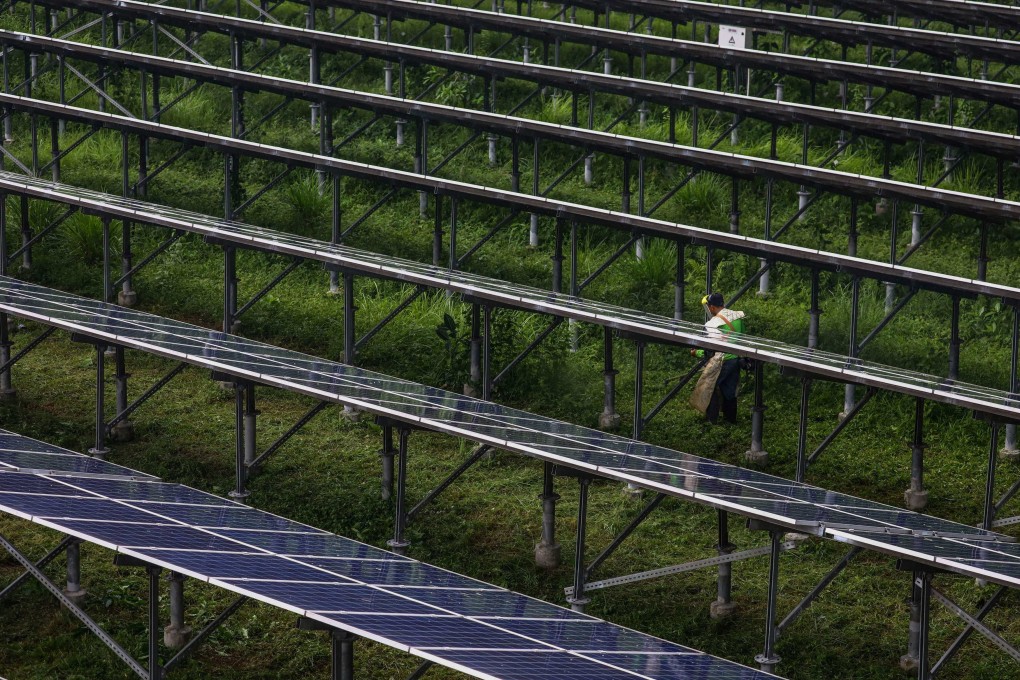Philippines billionaire Razon plans massive solar panel facility
- Facility will supply 850 megawatts – as much as some nuclear power plants – to Manila Electric, which distributes electricity in the capital and nearby areas
- Enrique Razon recently bought Manila Water and seeks to acquire a controlling stake in the Malampaya gas project in the Philippines’ Western waters

Billionaire Enrique Razon plans to build a massive solar-and-battery facility in the Philippines that would provide enough clean power to avoid burning the equivalent of 1.4 million tons of coal a year.
It’s the latest proposal that combines cheap photovoltaic panels with energy storage to alleviate the key flaw of solar power – that it can provide too much electricity in the middle of the day and none at night. Facilities of a similar size have been proposed in Indonesia and northern Australia.
Razon’s Prime Infrastructure Holdings said in a statement on Wednesday that the planned project will have 2,500 to 3,500 megawatts of solar panels and 4,000 to 4,500 megawatt-hours of battery storage. The solar portion will be built along with Solar Philippines Power Project Holdings. The statement did not give a proposed location or cost.
The facility will supply 850 megawatts – as much as some nuclear power plants – to Manila Electric, the Southeast Asian nation’s biggest power retailer which distributes electricity in the capital and nearby areas. The project will guarantee its power is fully available during hours of peak demand, according to Meralco’s final bid document. It’s expected to be available in two stages in 2026 and 2027.
The electricity generated will be enough to displace 1.4 million tons of coal or 930,000 litres of oil a year, Prime said. The Philippines gets about 57 per cent of its electricity from coal, burning the equivalent of 29 million tons of high quality fuel, according to data from BloombergNEF and BP Plc.